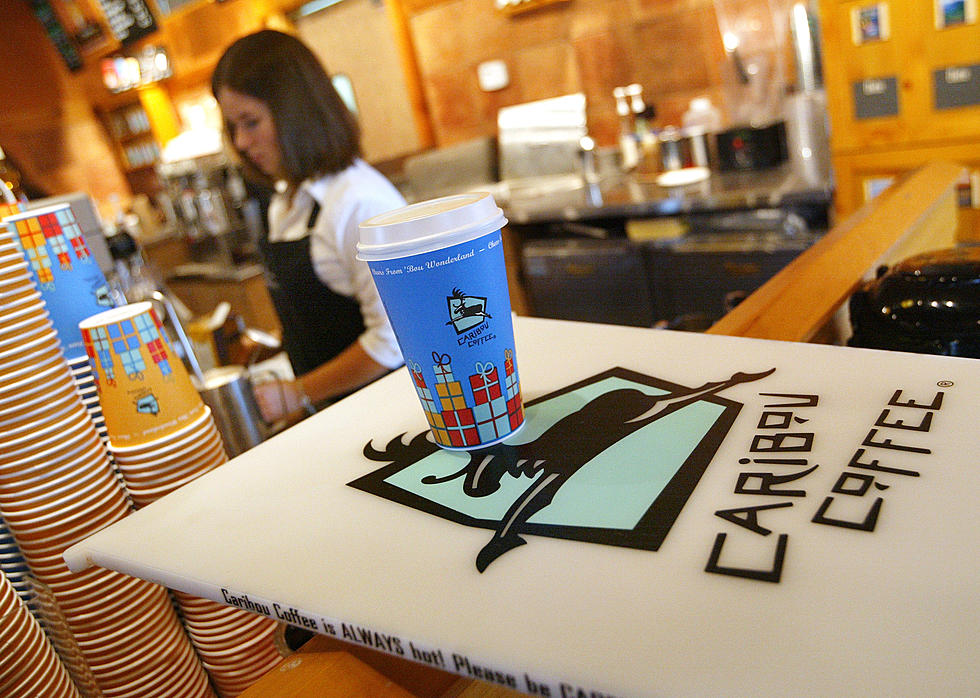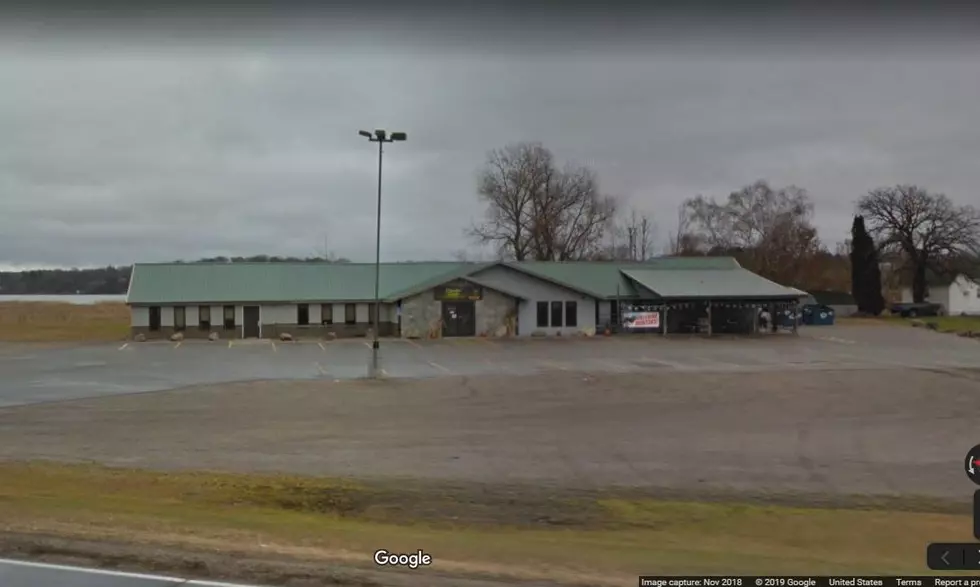Oliver Kelly Farm Continues To Educate Minnesota [VIDEO]
ELK RIVER - A treasured and revered museum in Central Minnesota is finding new ways to connect you to the area's rich agricultural history.
For many of us the Oliver Kelly Farm was a field trip in elementary school, or a summer activity we remember from our earlier years. The Minnesota Historical Society is doing it's best to make sure current and future generations of Central Minnesota youth have those same opportunities.
Site Manager Bob Quist, says the new improvements to the farm were meant to enhance the already elaborate story Oliver Kelly Farm was telling.
"What we did is we took and built on our brand of an 1860's farm that was interactive and we told the story of Minnesota farming in the 19th century, to an expanded area where we're really telling the story of Minnesota's agriculture over time through today."
Being able to understand farming and agriculture is an important part of knowing where we have come from in Central Minnesota.
Deon Heider is a Historical Interpreter at Olive Kelly Farm. She says being hands with history is the best way to feel connected to the past and also appreciate where we are now.
"Every one eats so we all have an interest in agriculture. There are a lot of misconceptions and opinions about agriculture so it's good for us to be here so we can have a view of agriculture from a historical perspective."
Heider works mainly in the modern garden where she and the staff maintain gardens represented from 1917-1930. Guests get the chance to learn about what farming was like during World War 1 and how the government was trying to help people have food producing gardens during the war time efforts.
With technology rapidly advancing everyday some may wonder, why should I go to a museum when I can just look all this information up on the internet? Jason Leuthold is an Interpreter at Oliver Kelly Farm. He says to truly appreciate farming and Minnesota agriculture, it must be experienced hands-on.
"In general people take more away from a hands-on, up close, first person experience. It would be like saying, why would you go to a art or history museum to look at a painting or historical artifact when you can look it up online? But there is just something about being there in the same space as the painting or historical artifact, or in our case the animals."
The new additions also include a welcome center, large classrooms, and an interactive kitchen classroom. The kitchen allows for an even deeper understanding of agriculture throughout Minnesota's history.
More From Mix 94.9









